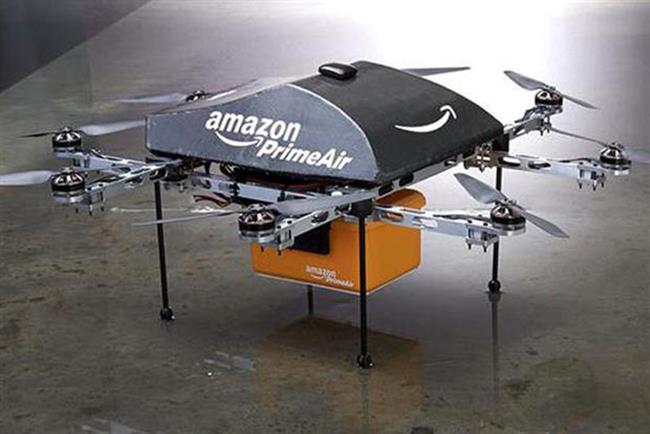
Mel Exon is the outgoing managing director of BBH and will become CEO of The Sunshine Company in June.
Most technological innovation infamously starts in the military or in porn.
Whether we like it or not, porn laid the foundations of ecommerce. The demand for imagery and video over basic text, then streaming video, then live video chat, then virtual worlds and now real-world haptic technologies all began in porn land, scaling those technological innovations in the process. In fact, porn’s greatest contribution to the internet may well be bandwidth growth.
Humble military beginnings
Meanwhile, back in the 1960s, the US Department of Defence helped fund packet network systems, including the development of the Advanced Research Projects Agency Network (Arpanet). These, together with the internet protocol that Arpanet was the first to implement, led to the internet as we know it. Even fire extinguishers, duct tape and microwaves all began as military experiments.
And now the latest military innovations to hit the edges of mainstream adoption are the small unmanned aerial vehicles we call drones. I confess I’ve hesitated for a long time to write about this topic, probably because it felt like we were being gently punked by Amazon back in 2013. Its Prime Air video, which showed a wonky drone delivering an item to an embarrassed-looking family, promised that small packages could be delivered in 30 minutes – something Jeff Bezos suggested might be possible by 2015.
Elsewhere, the film industry started to see the benefit of hiring a drone over a helicopter and the Drone Racing League was launched. Sport of the future? It’s high-octane stuff, so maybe.
Logistical nightmare
Meanwhile, Amazon had its work cut out handling issues such as public airspace regulations, poor manoeuvring in the air, hacking and theft. Fast forward to the end of 2015 and, while there may have been no sign of an actual service in operation, Amazon was making progress. The wonky drone of yesteryear has been upgraded, no doubt via several iterations, to something akin to an airborne baby flat rack: small, sleek, seemingly accurate and efficient. It suddenly looks viable. The initial use cases are cited as urgent items you’d presumably be willing to pay a delivery premium for.
Above all, I find myself admiring the emphatic "we will deploy" language of the blurb around Amazon’s more recent video. There is conviction and elan at the heart of this company that we can all learn from.
I’m reminded of something the BBC arts editor, Will Gompertz, said when we were lucky enough to persuade him to speak at Bartle Bogle Hegarty recently. As he bounced about the stage, describing a 20th-century artist’s radical move that was laughed at initially, he stopped and said: "The thing is… sincerity is impregnable."
And so it turns out I’m writing a hymn to the experiment, the public beta, the tangible statement of intent. What stops us from trialling something radical we can learn from, assuming it is aligned to the purpose of the company? Perhaps it’s perceived as a distraction. A potential failure. But if it’s a genuine attempt to break new ground, you’ll learn something. The fail is just one step along the way to getting it right.
How to stand out
What’s more, that experiment is a flag planted firmly on new territory. The Amazon videos have racked up more than 30 million views between them on YouTube alone. A pilot, more than business as usual, can clarify what you stand for to colleagues, clients and users alike. Surprise and difference are the very best way to create strong memories and associations.
So if your radical idea has purpose and you have conviction, fight to get it off the ground as an experiment. Fly by the seat of your pants if need be: speed is a competitive advantage. Do it now.


